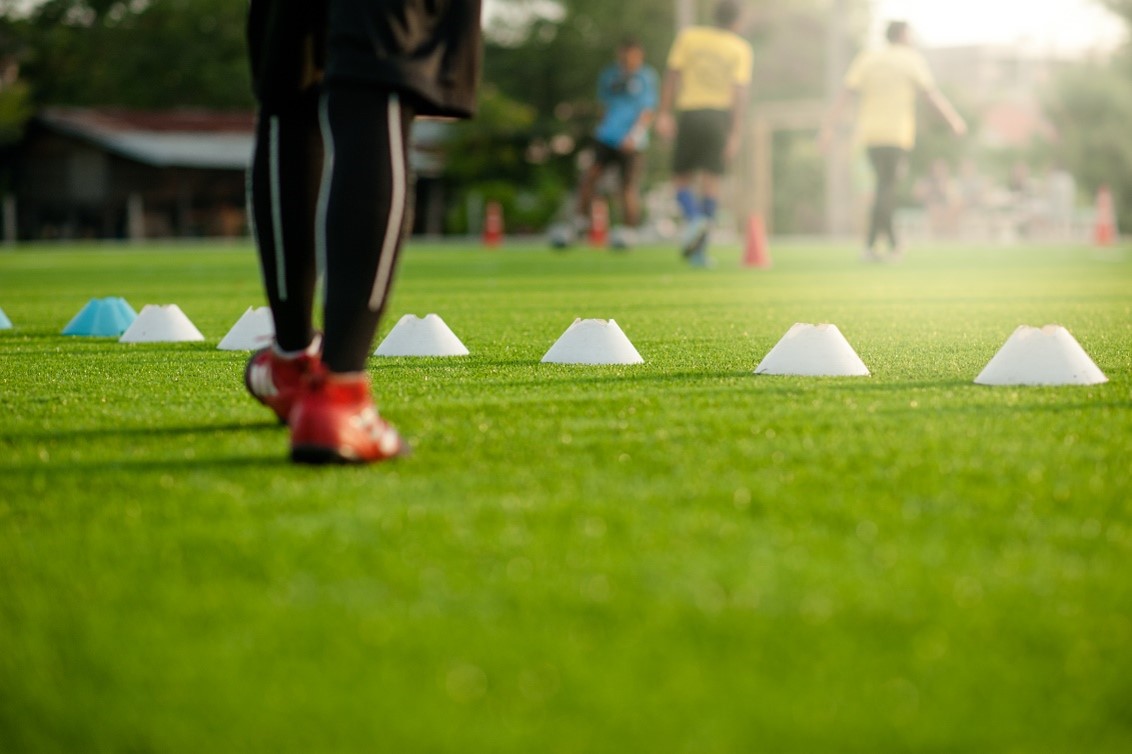
In the dynamic and inclusive realm of special needs sports, the role of a coach becomes a critical linchpin, requiring adaptive techniques that cater to each athlete's unique abilities and challenges. This post from Santiago Carlos Beunza delves into the world of adaptive coaching, exploring strategies beyond traditional approaches to ensure that every athlete can thrive and succeed regardless of their abilities.
Coaches need to adapt their communication styles based on individual needs. This may involve using visual aids, employing simplified language, or integrating alternative communication devices to ensure effective interaction.
Similarly, training drills should be modified to accommodate different physical abilities. Creating an inclusive environment requires coaches to develop and implement exercises that allow all athletes to participate and contribute to the best of their abilities.
One of the key elements of adaptive coaching is involving athletes in the goal-setting process. Collaborative goal setting empowers athletes and fosters a sense of ownership and commitment to their personal development. When athletes are involved in setting their goals, they are more likely to be invested in the process and work harder to achieve them. This approach also allows coaches to better understand their athletes' aspirations and help them develop a plan that aligns with their vision.
Another important aspect of adaptive coaching is modifying skill development programs to cater to various cognitive and physical abilities. Each athlete is unique, and their development should be approached in a way that recognizes this. Adaptive techniques enhance skill acquisition and mastery, providing a more inclusive training environment. By tailoring training plans to each athlete's needs, coaches can help them progress at their own pace and achieve their goals in a way that is comfortable and sustainable for them.
An introduction to adaptive sports equipment is crucial for coaches. Understanding the variety available for different disabilities allows coaches to choose equipment that levels the playing field and enhances the overall sports experience.
Moreover, leveraging assistive technology can significantly enhance training and communication. Coaches can integrate technology to create more inclusive and accessible training sessions, ensuring that every athlete can fully engage and participate.
Professional development for coaches in the field of adaptive sports is essential. Ongoing education and training programs support coaches in honing their adaptive coaching skills and staying updated on the latest techniques and strategies.
Community involvement and collaboration play a vital role in promoting inclusivity. Success stories of collaborative initiatives that positively impact the special needs sports community highlight the significance of a collective effort in creating an inclusive sports environment.
Adaptive coaching is a transformative approach that recognizes the unique strengths and potential of each special needs athlete. By tailoring coaching approaches, Santiago Beunza knows from experience that coaches open doors to a world of possibilities, fostering a sense of accomplishment, belonging, and joy in sports participation. Through adaptive techniques, coaches create a lasting impact on the lives of special needs athletes, empowering them to achieve their full potential on and off the field.